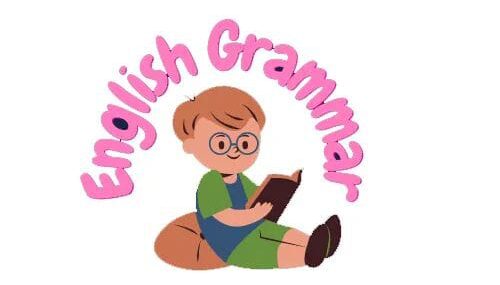7 ways How To Improve Child Reading Skills: Quick learning program
Several ways are there for learning a language, but what to select that works for you is important. In this blog post, we’ll outline 5 reading methods that are often employed for explaining how to help kids in better reading.
How To Improve Child Reading Skills
5 fast reading methods
Start with easy sentences to difficult ones to learn quickly
1. The first method is skimming. Skimming is when you read quickly through a text to get a general idea of what it’s about. This method is good for texts that are dense or difficult to understand.
2. The second method is scanning. Looking for specific information in a text is known as scanning. This technique works well for locating certain data in a document, like a date or a person’s name.
3. The third method is detailed reading. Detailed reading is when you read slowly and carefully to understand all the details in a text. This method is good for understanding complex texts.
4. The fourth method is guessing from context. Guessing from context is when you use the clues in the text to guess the meaning of words or phrases you don’t know. This method is good for understanding texts where you don’t know all the words.
5. The fifth and final method is using a dictionary. Using a dictionary builds reading skills.
Yes! Give My Child The Best Tools To Succeed!
Children Reading Scientifically proven program – fantastic learning Reading Program Parents Love
If You want to teach how to improve child reading skills? Check out this amazing reading program that parents love!
Teach Your Child how to Read Newsletter.
Welcome to our website’s blog area! You can find a tonne of information and tools to aid in teaching your child to read right here. Our post is brimming with pointers, counsel, and ideas for activities to assist your kid to acquire successful reading skills.
Because we are aware that every child is unique, we have also included a section on various reading programmes and methodologies. Because it is adaptable and can be altered to meet the needs of every child, parents adore this programme.
We hope you enjoy browsing our site and learning more about manners to assist your child to foster a lifelong love for reading!
Learn with phonics lessons
Phonics is an excellent way of teaching which enhances reading skills that focus on the sounds of letters and letter combinations. It is a successful method of reading instruction and is especially beneficial for beginning readers.
Even though there are numerous phonics courses available, teaching children to read better is one of the most crucial initiatives for supporting gifted children. This programme makes use of a novel teaching strategy that has been shown to work for children of all ages.
Modules in the programme start simple and simple to learn and progressively get harder. Your child will get greater knowledge of letter sounds and word formation as they advance in their education.
Because it is simple to use and generates results quickly, this system is extremely effective and is adored by parents. Consider using the Children Learning Reading programme if you’re seeking for a way to assist your youngster in learning to read.
Teaching through Scientifically Proven Methods: how to improve child reading skills
The Children Learning Reading obviously is based on scientific research proving how particular methods of teaching can help kids in learning to read quickly and efficiently. Parents favor this program as it is simple to use and productive.
Since there are many reading programs accessible, not all of them emphasize science. Parents should pick a program like Children Teaching Read if they want to offer their children the best education accessible.
Children Learning Reading Phonics Foundations Program
You should look into the Children Learning Reading Phonics Foundations Programme if you’re looking for an amazing reading programme that parents appreciate.
With this program, your child will start by learning the basic foundations of reading. They’ll then move on to more advanced concepts like phonemic awareness and phonics rules. The whole process is designed to be fun and engaging, so your child will stay motivated throughout.
The Children Learning Reading Phonics Foundations Program’s adaptability to be utilized with any curriculum is one of its most vital features. This program is perfect whether your child is at home-schooling or in traditional school.
Reading funny Stories to learn fast
When your child is learning to read, it’s important to make the experience fun. Fortunately, the Children Learning Reading program comes with several engaging lesson stories that will entertain your child while they learn. These stories are designed to help children practice their reading skills and new vocabulary in a fun and exciting way.
Reading aloud method: How To Improve Child Reading Skills
How To Improve Child Reading Skills is not a challenging task just reading can be improved by reading aloud. It helps children to follow along with the text, and word pronunciation, and obtain a sense of the rhythm and flow of the language. Additionally, it provides an opportunity for teachers to model good reading-aloud techniques.
Yes! Let’s get started with the phonics lessons!

